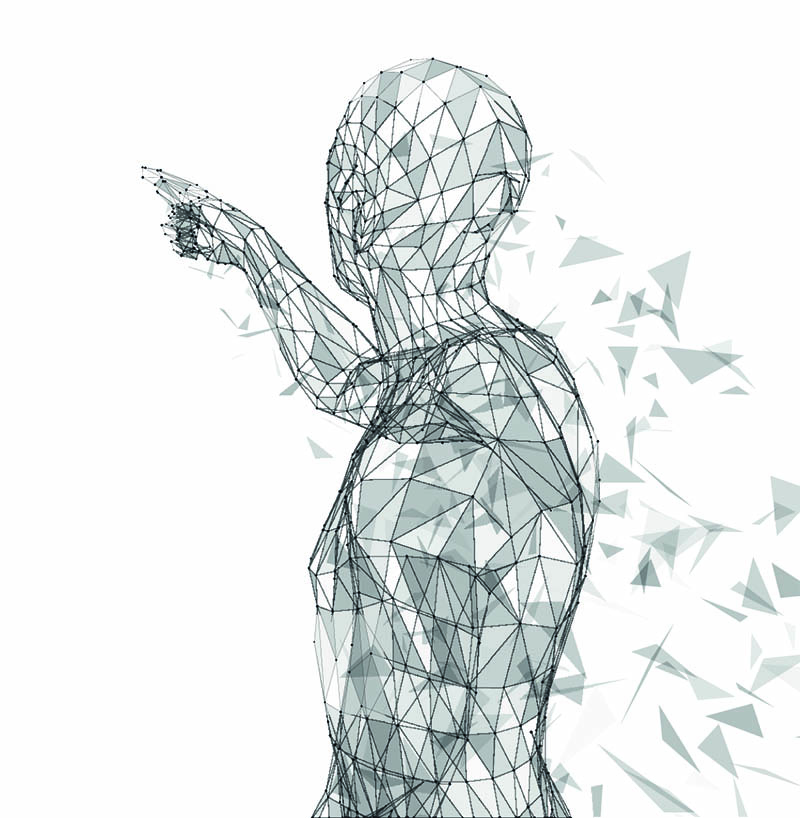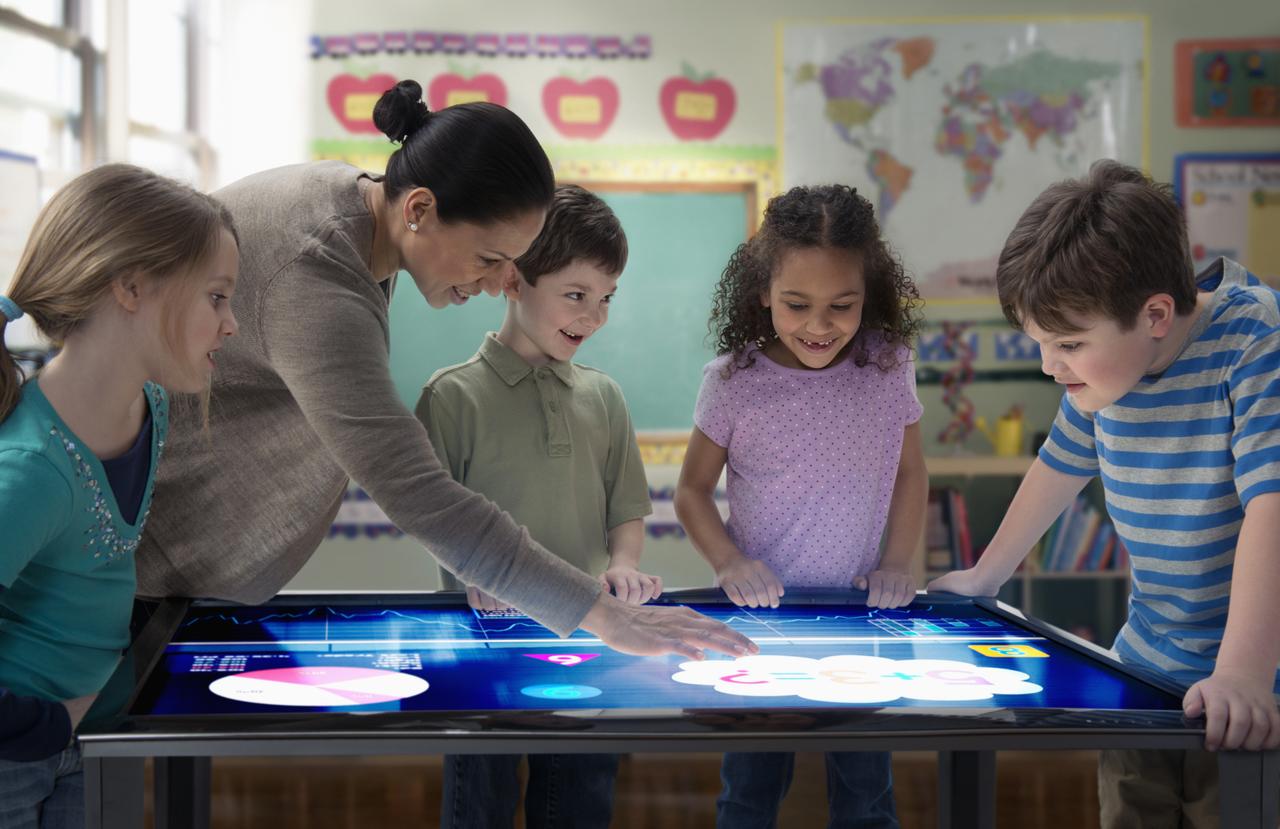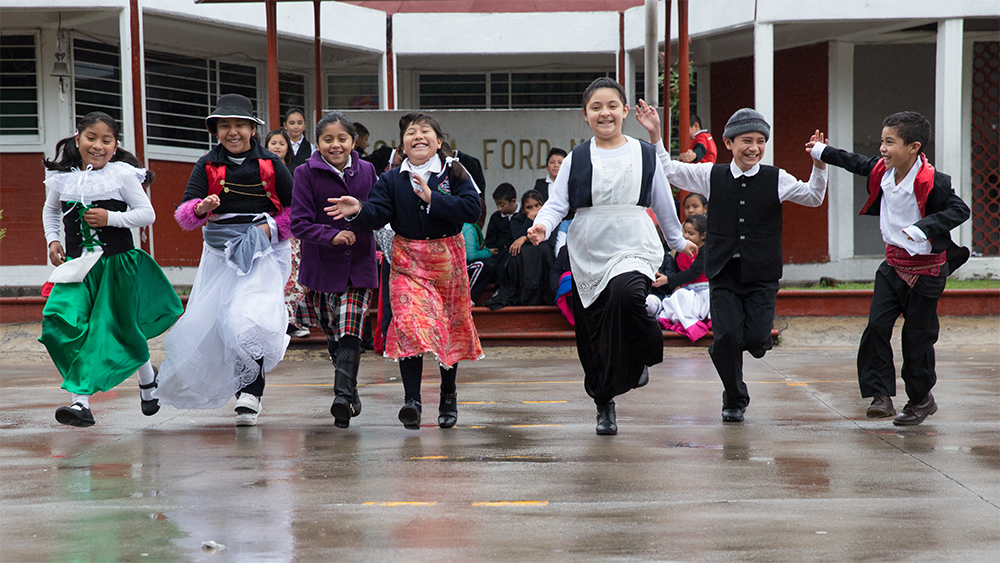As the printing press and electricity once did, artificial intelligence is currently changing the world in a way that surely exceeds the limits of our imagination. The news we wake up to every day is beginning to leave the great authors of science fiction far behind.
Without going any further, for a few months now we’ve had a new “toy” that’s had us all hooked on conversations, sometimes really surreal ones, that test the potential of AI: helping to program a bot, answering and writing more than acceptable answers to multiple questions, writing the story of an encounter between a real character and a fictional one or imagining an interview that could have taken place between (a bizarre example) Sir Winston Churchill and Penelope Cruz. The limit is set by your imagination.
Indeed, though still a long way from perfection, ChatGPT, a virtual robot that’s capable of generating texts so coherent that they could be mistaken for human ones and passing postgraduate law and economics exams at several US universities, has brought the debate on the progressive robotisation of our society and its myriad connotations back to the fore: How should we manage its use in educational institutions? Can it replace journalists, writers, lawyers, doctors and financial analysts? We asked ChatGPT this question and this is (literally) what it answered:
Artificial intelligence (AI) is a powerful and constantly evolving tool that’s having a significant impact in a wide range of fields. In some cases, AI is already being used to perform certain tasks that were previously performed by humans, such as:
- In journalism, AI is already used to create basic news stories and summaries, although it can’t yet replace a journalist’s ability to analyse and present complex news stories and conduct in-depth investigations.
- In writing, AI can create simple texts, such as reports and descriptions, but it can’t yet match the creativity and ability to write a captivating and unique story that a human being possesses.
- In the field of law, AI is already used to perform searches for precedents and basic legal advice, but it can’t yet replace a lawyer’s ability to analyse complex information, establish legal strategies and argue in court.
- In the medical field, AI is already used to assist in the diagnosis and treatment of certain diseases, but it can’t replace a doctor’s ability to establish a trusting relationship with the patient and make decisions based on complex and often subjective information.
- In the financial field, AI is already used to analyse large amounts of data and make investment-related decisions, but it can’t yet replace the ability of a financial analyst to understand and analyse financial information holistically.
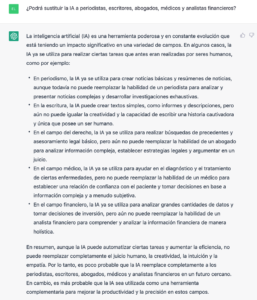
In short, while AI can automate certain tasks and increase efficiency, it can’t fully replace human judgement, creativity, intuition and empathy. Therefore, AI is unlikely to completely replace journalists, writers, lawyers, doctors and financial analysts in the near future. Instead, AI is more likely to be used as a complementary tool to improve productivity and accuracy in these fields.
End of the quote.
So, no. It appears that “for the time being” (and this is an unsettling literal quotation), it won’t replace human beings in the exercise of these professions. In its response, ChatGPT offers us the key that we’ll use as the central argument of this article. Because it’s clear that we won’t be able to compete with an algorithm capable of processing millions of data within a few seconds. But we can do so, as artificial intelligence itself says, by using our critical skills to research and write complex news, reports and articles, practice law and make financial decisions in a holistic manner, our creativity and experience to write an exciting story and our empathy to connect with patients and make complex medical decisions. Because, in a world in which algorithms and robots are increasingly predominant, these skills will make the difference.
Let’s examine these skills and many others that won’t just help us to distinguish ourselves from artificial intelligences, but will also help us to make our way through a constantly changing world that poses challenges of such magnitude that they’ll require far more skills than the essentially cognitive ones on which our education systems currently focus.
It is clear that we will not be able to compete with an algorithm capable of processing millions of data in seconds. But we can in terms of critical capacity, creativity and empathy.
Let’s examine these skills and many others that won’t just help us to distinguish ourselves from artificial intelligences, but will also help us to make our way through a constantly changing world that poses challenges of such magnitude that they’ll require far more skills than the essentially cognitive ones on which our education systems currently focus.
Critical thinking
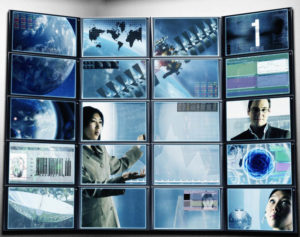
Critical thinking is the ability to analyse information, evaluate it objectively and make informed decisions based on evidence. It includes the ability to analyse and synthesise information, identify patterns and relationships, assess the validity and reliability of the information and reach informed conclusions. Moreover, critical thinking also helps us to question our own personal beliefs to avoid any biases and prejudices.
The importance of this skill is huge in a society such as the current one, with the amount of information we receive at any given time and the capacity to fabricate fake news that surpasses the limits of the imaginable. Researching the source of the information we receive, asking critical questions about it, questioning its whys and wherefores and identifying its biases… these are just some of the strategies we must learn to use to develop this fundamental skill.
Creativity
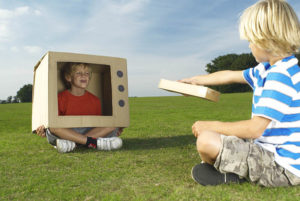
Creativity can be defined in many ways: for Leonardo Da Vinci it was “seeing what everyone else has seen and thinking what no one else has thought of”, for Albert Einstein it was “intelligence having fun”, for J. K. Rowling it’s “imagining something that doesn’t yet exist and making it exist”, for Van Gogh it was “his way of sharing his love of life”, for Steve Jobs it was “the ability to connect things that became obvious after a while”, something similar to what Picasso suggested when he said “inspiration exists, but it has to find you working”, while for Maya Angelou it was “a mischief that can’t be locked up”. These definitions suggest that creativity stems from a combination of curiosity, imagination, passion and practice.
In a more orthodox definition, we could say that creativity is the ability to generate new and useful ideas or combine and transform existing ideas to produce something original and valuable. Although it’s often associated with art, creativity can manifest itself in different walks of life: for example, in science it’s a fundamental skill and in the world of business and entrepreneurship it’s crucial for developing new products that meet a market need. And, of course, all of us in our daily lives sometimes need creative solutions for the most mundane and everyday problems.
Another (very harmful) preconception associated with creativity is that you have to be born with it. Creativity, like almost everything else, can be developed through education. Greater curiosity, experimentation and careful observation of the world around us are some of the activities that can help us to foster this skill.
Creativity comes from a combination of curiosity, imagination, passion and practice.
Self-awareness, emotional regulation and empathy
This is the triad of skills that make up emotional intelligence. Self-awareness is the ability to understand our own feelings, thoughts, strengths and weaknesses. It enables us to recognise how our actions affect others and helps us to make informed and conscious decisions. Emotional regulation is the ability to control and regulate our emotions and empathy refers to our ability to understand and feel the emotions and perspectives of others. Put yourself in their shoes and walk in them.
In this new information society, one that’s more polarised, diverse, complex and changing than any that have come before it, empathy is a crucial skill that enables us to understand and respect cultural and social differences, while it’s also essential for conflict resolution, as it facilitates the search for equitable and satisfactory solutions for all.
Educating people to empathise from childhood onwards is crucial in achieving a more just, equitable and compassionate society.
Educating people to empathise from childhood is crucial to achieving a more just, equitable and compassionate society.
Passion and perseverance
Before inventing the electric light bulb, the inventor Thomas Edison had to perform more than 1,000 experiments that didn’t achieve the desired result, Meryl Streep, one of the most renowned actresses and award-winners in the history of cinema, was rejected several times before achieving success (the same as what had happened before her to another of the great actresses, Katharine Hepburn), J. K. Rowling had to listen to several “noes” before seeing the publication of the first book in the saga that made her a legend, President Lincoln sportingly accepted several political failures before being elected President, while, speaking of sports, Michael Jordan, a living basketball legend, was left out of the team at high school.
By the above we mean that perseverance, which is inextricably linked to a passion for what one does, is an absolutely essential skill for the achievement of our goals and, in an increasingly competitive and complex world, it’s also essential to function in the society of the 21st century.
In her book titled Grit: The Power of Passion and Perseverance, Angela Duckworth, a professor of psychology at the University of Pennsylvania and one of the foremost scholars on the subject, writes that she found during her research that perseverance and passion are even more important than intelligence or talent when it comes to determining long-term success. In this regard, Duckworth also studied the importance of the so-called growth mindset (the belief that skills and abilities can develop over time and that they aren’t something immutable and innate).
A New Education
These are just four, but we can list many more: teamwork, communication, cognitive flexibility… they aren’t new, but they’re critical in the 21st century, and they’ll continue to be so in the overcoming of its challenges. The world needs critical, creative, persevering, passionate, flexible and empathetic people. Education systems must therefore introduce the learning of these competences to the same degree as cognitive skills. Just as the Industrial Revolution led to the emergence of a kind of education which, with very few variations, has endured to the present day, the technological revolution must facilitate a substantially different type, one that’s more focused on the individual needs of all students, thus helping them to foster the qualities that make them essentially human.



